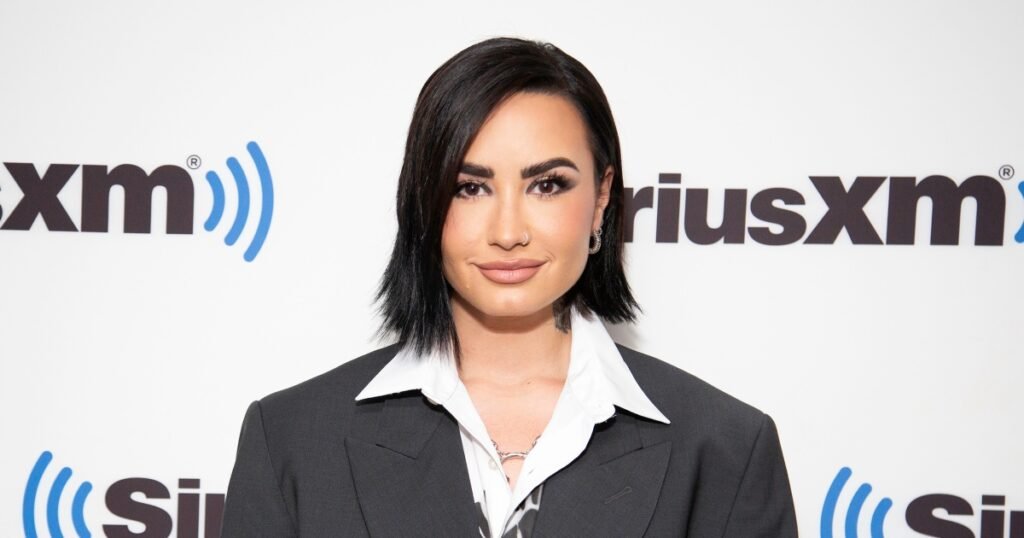Demi Lovato spoke about her advocacy for mental health during an event for World Mental Health Day hosted by Project Healthy Minds in New York City. She shared that she first experienced depression at the age of seven and had suicidal thoughts. At the age of seventeen, she was diagnosed with bipolar disorder. Despite her struggles with addiction and eating disorders, she has used her experiences to become an advocate, especially for young people. Lovato believes in being a role model for those who are currently going through mental health challenges, rather than waiting until the end of her career to share her story.
In a discussion with film director Michael D. Ratner, who directed a documentary about her mental health journey, Lovato talked about the importance of being open about mental health struggles in real-time. She expressed the need to be vulnerable and provide a relatable example for younger fans who may be going through similar issues. The singer acknowledged the challenges of social media and the pressure to compare oneself to others online. She shared her own coping mechanisms, such as taking breaks from social media and knowing when to step away from triggers.
Looking back on her childhood and early career, which started when she was just six years old, Lovato admitted that she wishes she had asked for help sooner. She expressed regret for putting her recovery on hold in order to focus on her career, fearing that seeking help would hinder her momentum. However, she now recognizes the importance of prioritizing mental health and is committed to changing the narrative around seeking support. Lovato hopes to encourage others to speak up and seek help when needed, even if it means taking a step back from their professional pursuits.
The singer emphasized the need for honesty and vulnerability in discussions about mental health, particularly on social media where people often showcase only the best parts of their lives. Lovato encouraged her fans to be open about their struggles and to remember that what they see online is not always an accurate representation of reality. By sharing her own struggles openly, she hopes to break down the stigma surrounding mental health issues and provide a more authentic portrayal of the ups and downs of recovery.
Despite facing setbacks and challenges in her personal life, Lovato remains dedicated to her advocacy work and continues to prioritize her mental health. She recognizes the importance of using her platform to provide support and encouragement to others who may be struggling. Through her openness and willingness to share her story, Lovato inspires young people to seek help and to prioritize their well-being. By sharing her experiences in real-time and offering practical advice, she is working to create a more inclusive and supportive conversation around mental health in society.










